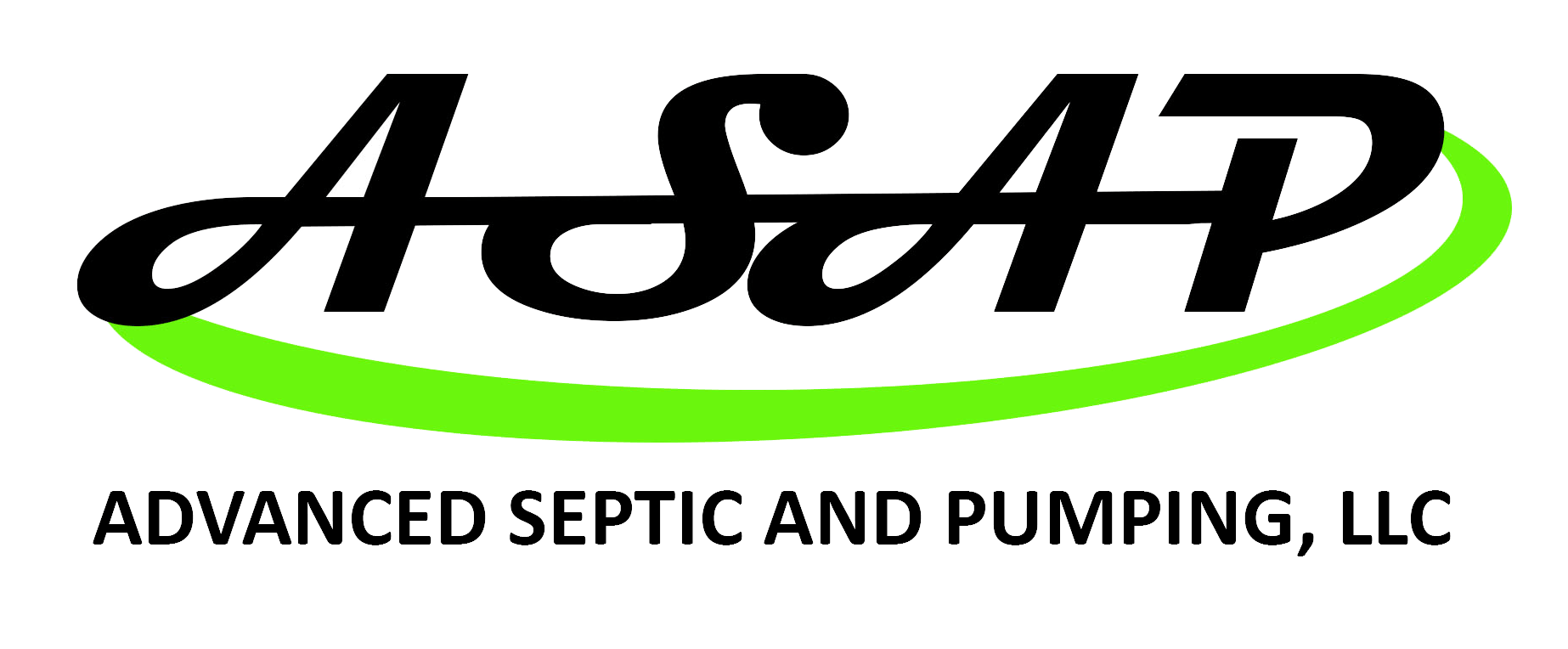Pumping
Pumping is a fundamental maintenance activity for various types of wastewater management systems, ensuring they operate efficiently and effectively. Regular pumping removes accumulated solids and sludge from tanks, preventing system failures, backups, and potential health hazards. Advanced Septic and Pumping specializes in comprehensive pumping services, tailored to meet the specific needs of each component in your wastewater system, ensuring a clean and functional operation.
Septic Tanks
Septic tank pumping is crucial for the longevity and efficiency of your septic system. Over time, solids accumulate in the tank and must be removed to prevent overflows, backups, and damage to the drainfield. Regularly scheduled septic tank pumping by Advanced Septic and Pumping helps maintain the system’s health, preventing costly repairs and ensuring your septic system functions properly for years to come.
Lagoons
Lagoon systems, used for wastewater treatment in some rural areas, require periodic pumping to remove sludge and maintain their effectiveness. These systems rely on natural processes to treat household wastewater, and pumping is essential to prevent the accumulation of solids that can hinder treatment capacity and efficiency. Advanced Septic and Pumping provides expert lagoon pumping services, ensuring your system remains balanced and functional.
Grease Traps
Grease traps are critical for preventing fats, oils, and grease from entering and clogging wastewater systems, especially in commercial kitchens. Regular pumping and cleaning of grease traps by Advanced Septic and Pumping prevent blockages, odors, and potential compliance issues, ensuring your facilities run smoothly without disrupting your operations.
Floor Pits
Floor pits, common in industrial and automotive facilities, collect oil, debris, and other waste. Pumping these pits is essential for maintaining a clean and safe work environment, preventing contamination, and ensuring compliance with environmental regulations. Advanced Septic and Pumping offers specialized services to pump and clean floor pits, handling even the toughest industrial waste challenges.
Lift Stations
Lift stations are used to pump wastewater from lower to higher elevations, especially when gravity flow is not an option. Proper maintenance, including regular pumping, ensures these systems function efficiently, preventing backups and system overloads. Advanced Septic and Pumping’s expertise in lift station maintenance guarantees reliable operation and longevity of your wastewater transport systems.
Riser System on Tank
Riser systems provide easy access to septic tanks for inspection, maintenance, and pumping, eliminating the need for extensive digging. Installing risers and maintaining access for regular pumping is a service offered by Advanced Septic and Pumping, simplifying septic tank maintenance and ensuring that necessary system care is convenient and less invasive.
Locate Tank
Locating a septic tank is the first step in any maintenance or repair activity, especially in properties where documentation is lacking or the system components are not clearly marked. Advanced Septic and Pumping employs various techniques to accurately locate septic tanks, facilitating efficient pumping, inspection, and repair services.
Access Tank Digging
When septic tanks are buried without risers, access for pumping or inspection requires digging. Advanced Septic and Pumping provides access tank digging services, ensuring tanks are reachable for necessary maintenance. This service is performed with care to minimize disruption to your property, providing a pathway for essential septic system upkeep.
Jetting
Jetting is a powerful cleaning technique used to clear blockages and buildup in sewer lines and drainfields. Utilizing high-pressure water streams, jetting effectively removes debris, ensuring clear pathways for wastewater flow. Advanced Septic and Pumping offers jetting services as part of comprehensive septic system maintenance, restoring and maintaining the optimal performance of your wastewater disposal pathways.




